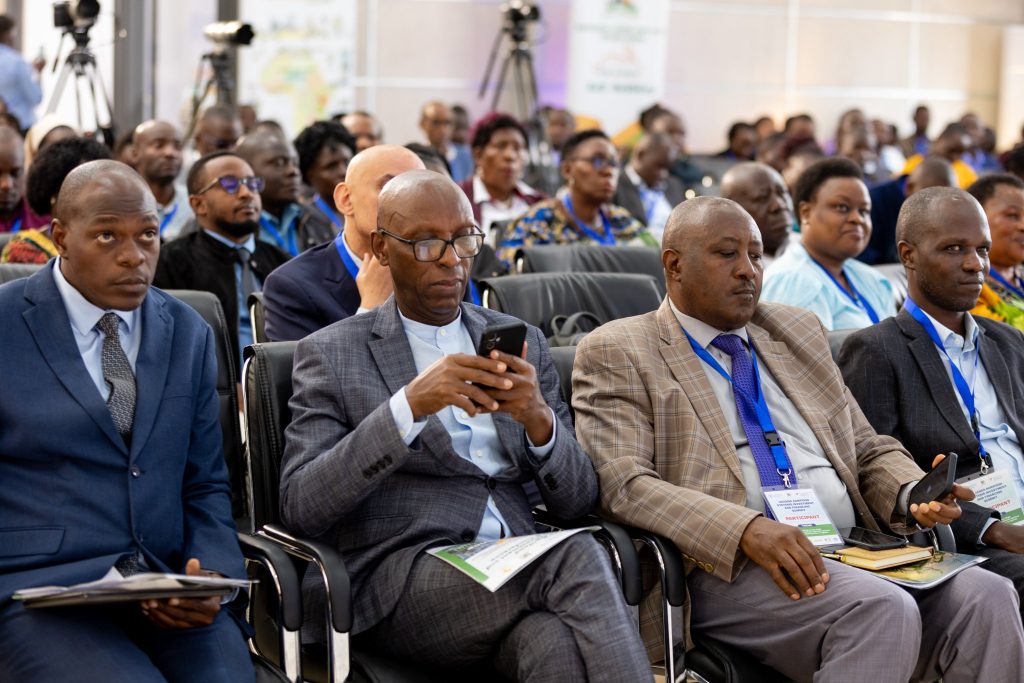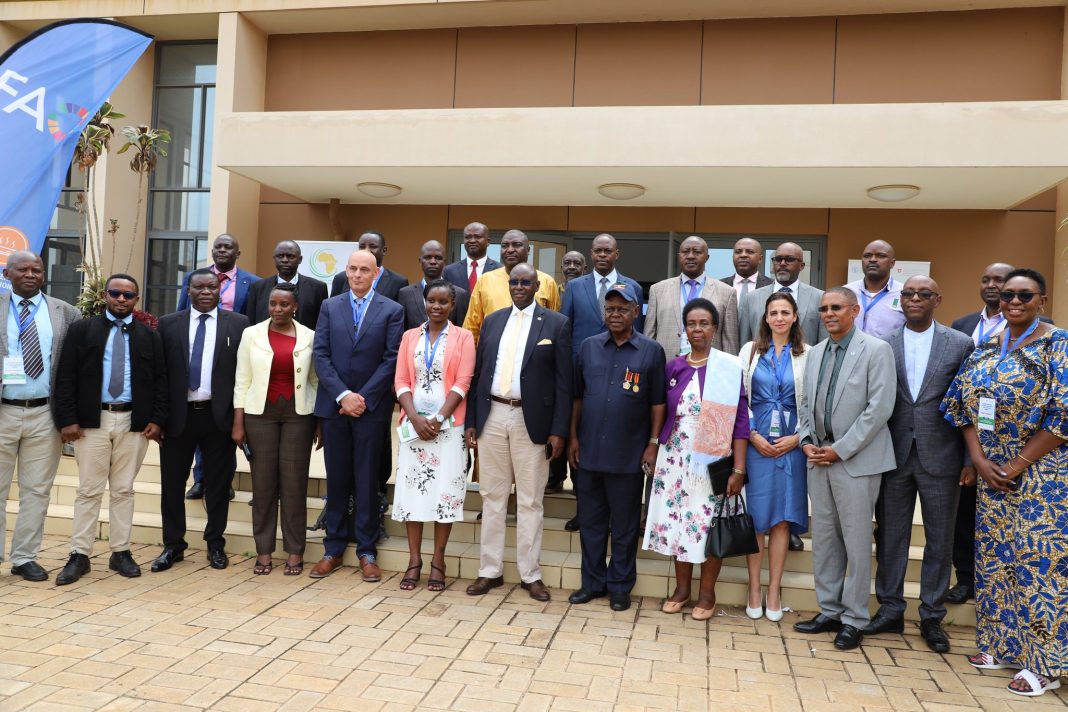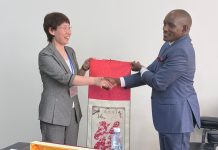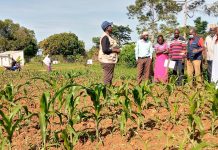By David Mwanje
The Food and Agriculture Organisation of the United Nations (FAO), in partnership with the Ministry of Agriculture, Animal Industry and Fisheries (MAAIF), the Office of the Prime Minister, and other stakeholders, has launched a bold initiative to revolutionize Uganda’s agrifood systems. The Uganda Agrifood Systems Investment and Financing Summit, held at the Uganda Industrial Research Institute in Namanve, convened under the theme “Catalyzing Innovative Financing and Investments in Uganda’s Agrifood Systems for Accelerated Socio-Economic Transformation and Sustainable Development.” This two-day summit marks a pivotal moment in Uganda’s journey toward food security, economic growth, and sustainable development.
With Uganda’s population nearing 46 million, the agrifood sector remains the backbone of the nation’s economy, contributing 24% to GDP, 33% to exports, and employing over 70% of the population. Yet, challenges such as undernourishment affecting 34% of Ugandans and food insecurity impacting over 12 million people, as highlighted in the 2024 State of Food Security and Nutrition report, underscore the urgency of transformative action. The government, in collaboration with FAO, is stepping up to address these challenges head-on, leveraging innovative financing and strategic investments to unlock the sector’s potential.

The summit brought together policymakers, agribusiness leaders, financiers, researchers, and development partners to foster dialogue and secure commitments for strengthening Uganda’s agrifood systems. FAO Representative Yergalem Taages Beraki emphasized the critical need for alternative financing mechanisms, particularly in light of recent donor budget cuts. “Significant gaps in financing hinder the transformation of agrifood systems in Uganda,” Beraki noted. “Mobilizing domestic public and private resources, coupled with transformative investments, will drive economic, social, and environmental benefits.” His remarks align with the government’s ambitious National Development Plan IV (NDP4), which prioritizes agrifood system transformation as a cornerstone of sustainable development.
The government’s proactive leadership was evident throughout the summit. Mr. Edward Walugembe, Commissioner for Strategic Coordination and Implementation in the Office of the Prime Minister, underscored the importance of collaboration and coordination. “We need to work together to achieve our national development goals,” he said. “Coordination, connectedness, continuity, and communication are essential for food systems transformation. Our NDP is fit for purpose, and now we focus on implementation.” Walugembe’s call for unity reflects the government’s commitment to driving results through effective governance and strategic partnerships.

Dr. Ivan Lule from the National Planning Authority highlighted the lessons learned from NDP3, disrupted by global challenges like Covid-19 and the Russia-Ukraine war. “NDP4 is aligned with our 10-fold growth strategy, aiming to grow Uganda’s GDP from $50 billion to $500 billion by 2040,” Lule stated. “Food systems transformation is critical to this goal.” This ambitious vision underscores the government’s determination to harness agriculture as a driver of economic growth and poverty reduction.
Dr. Bright Rwamirama, Minister of State for Animal Industry, reaffirmed the government’s unwavering commitment to the agrifood sector. “Our agrifood system anchors the national economy, and with a population of 46 million, the demand for food, jobs, and sustainable income is rising rapidly,” he said. The government has taken bold steps, including promoting value addition, rural industrial development, and market-oriented production. Investments in agricultural research, pest and disease control, water infrastructure, and fisheries regulation demonstrate a forward-thinking approach. “We are promoting aquaculture as a valuable source of income and nutrition,” Rwamirama added, highlighting the government’s focus on innovation and sustainability.
Mr. David Wozemba, AGRA Country Director, praised the government’s leadership in driving the transformation agenda. “This is a collective effort, and the government has acknowledged its role in leading implementation,” he said. “Coordination is critical, and with the planning process complete, we must ensure successful execution.”
The summit marks a turning point for Uganda’s agrifood systems. By fostering partnerships, securing innovative financing, and prioritizing implementation, the government and FAO are paving the way for a resilient, inclusive, and prosperous future. With NDP4 as a guiding framework, Uganda is poised to transform its agrifood sector into a powerhouse of sustainable development, ensuring food security and economic opportunities for generations to come.























